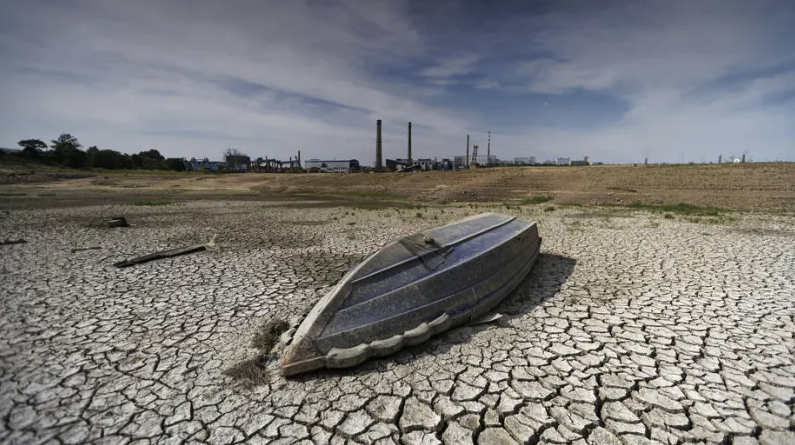Lack of water fuels discontent against Tunisia’s president
Starting from March this year, Tunisian households have had to adapt to a new nightly routine where water taps in many neighborhoods start to run dry around 10 p.m., and the water supply to homes is cut until early the next day. This situation has come as a surprise to many Tunisians who anticipated water cuts due to a severe drought across North Africa that has been ongoing for four years, but did not expect it to begin so early without any prior notice from the government or SONEDE, the state-owned water utility company.
This nightly water rationing is currently affecting several neighborhoods in Tunis, the capital city, as well as most other cities across the country. This indicates an escalating emergency due to climate change that is intensifying much faster than anticipated. According to Hamdi Hached, a Tunisian environmental expert and consultant, “Today, we are facing the water crisis that we expected to come in 2030.”
Tunisia is not the only country experiencing water scarcity due to climate change. Many regions worldwide are facing similar challenges, and this is becoming an increasingly urgent issue that needs to be addressed. Lack of access to clean water can lead to various health problems, as well as social and economic difficulties. Governments and utility companies need to take proactive measures to tackle this issue.
The water crisis in Tunisia is a warning for other countries facing similar challenges. It emphasizes the urgent need for action to address water scarcity and the impacts of climate change.
